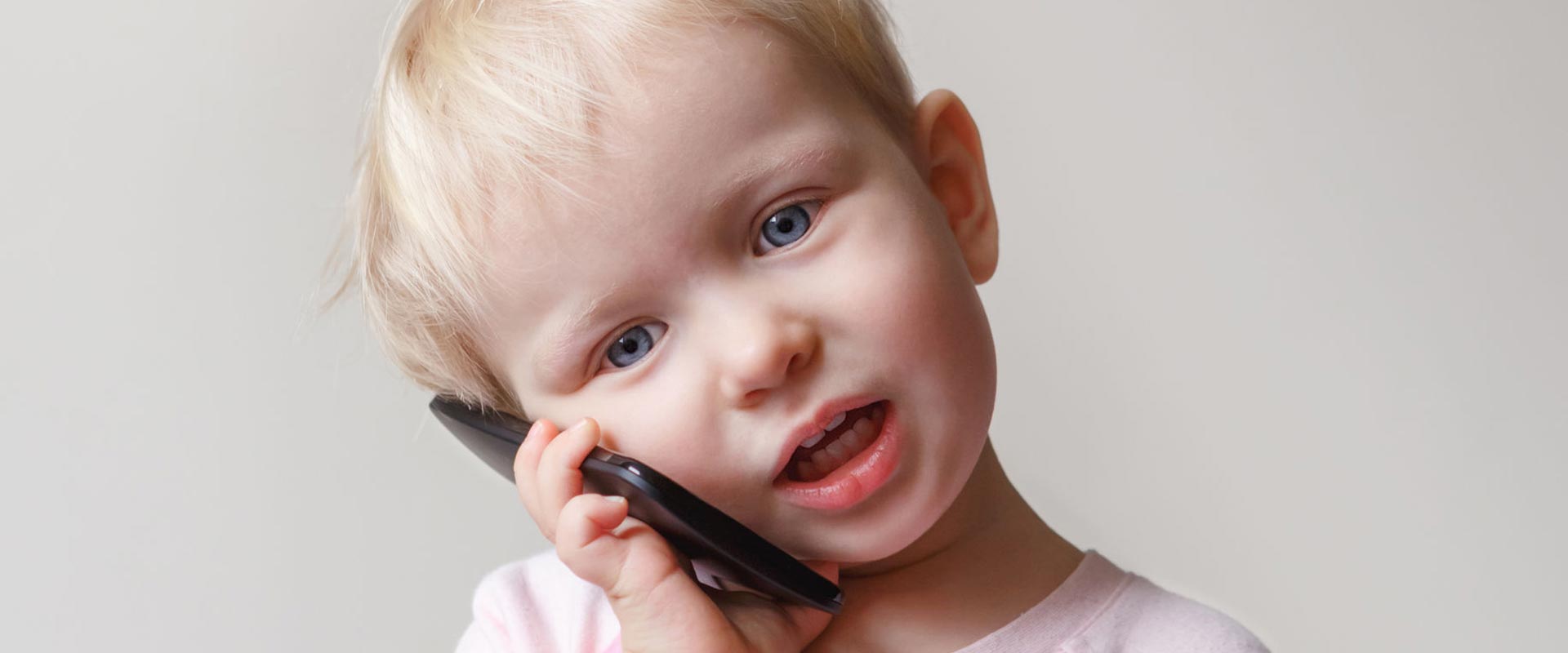
01 Dec When Do Babies Start Talking?
As infants start to grow up, they begin to start reaching many important milestones, including speaking their first words. Many parents are understandably excited about this phase and want their children to start communicating verbally with them as quickly as possible.
So, when can you expect your baby to start talking? The answer can be a little complicated because language development is not only a slow process but one that different babies tackle at different speeds.
Most babies will begin to stay their first words between the ages of 11 and 14 months. Typically, males are a few months behind females when it comes to vocabulary development, which is important to keep in mind as your little one grows up.
Between the ages of 16-18 months, most children can say about 50 words. By the age of two, most children will know up to 200 words, even if they aren’t using them regularly. By this age, many children will also be able to speak in short 2–3-word sentences. By the time kids are three, they will be able to say more complicated sentences and have conversations.
Some babies will pick up words and vocabulary faster than others, particularly if they spend time around older siblings or children who talk regularly. Excited to help your child start talking? Here are a few tips to consider that may help them start babbling away.
– Start talking to your baby in full sentences, even if they don’t understand.
– When your baby reaches for something, always use the word out loud.
– Talk as much as you can to baby and encourage others to do so as well, it’s the quickest way for them to pick up words.
– Read to your baby every day, this is another great way to bond and a way for your child to pick up new words.
– Sing to your baby, they will love to listen to your voice.
– Let your child talk back, even if they are just babbling, the more they practice making sounds and noises and using their vocal cords, the quicker talking will come.
Of course, if you have more serious concerns about your child’s mental health or feel as though their anxiety is out of control and severely impacting their quality of life, then it may be time to see a doctor. If you have questions call to make an appointment with us here at Continuum Pediatrics at 817-617-8600. We are here to help your child get the care that they need.

